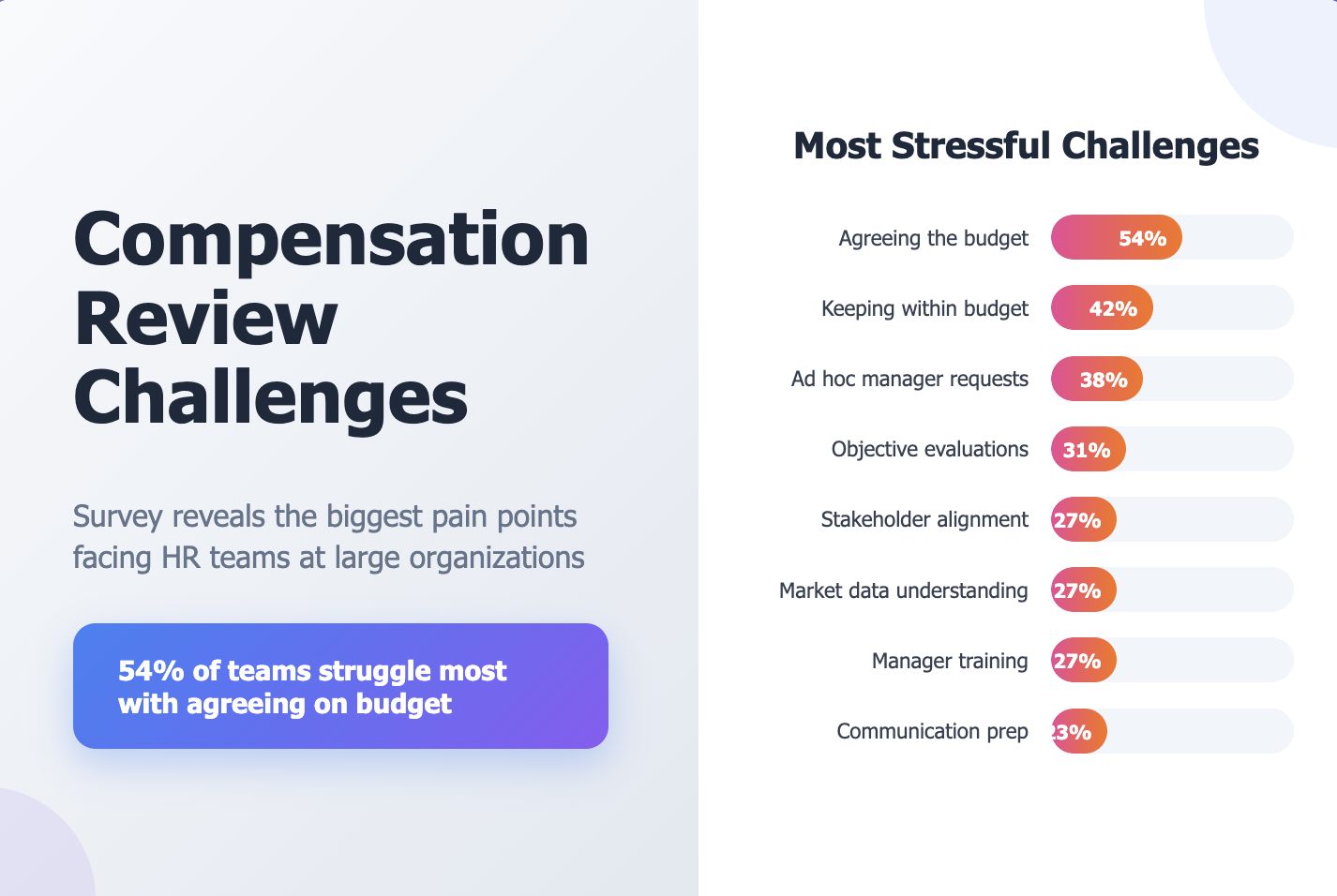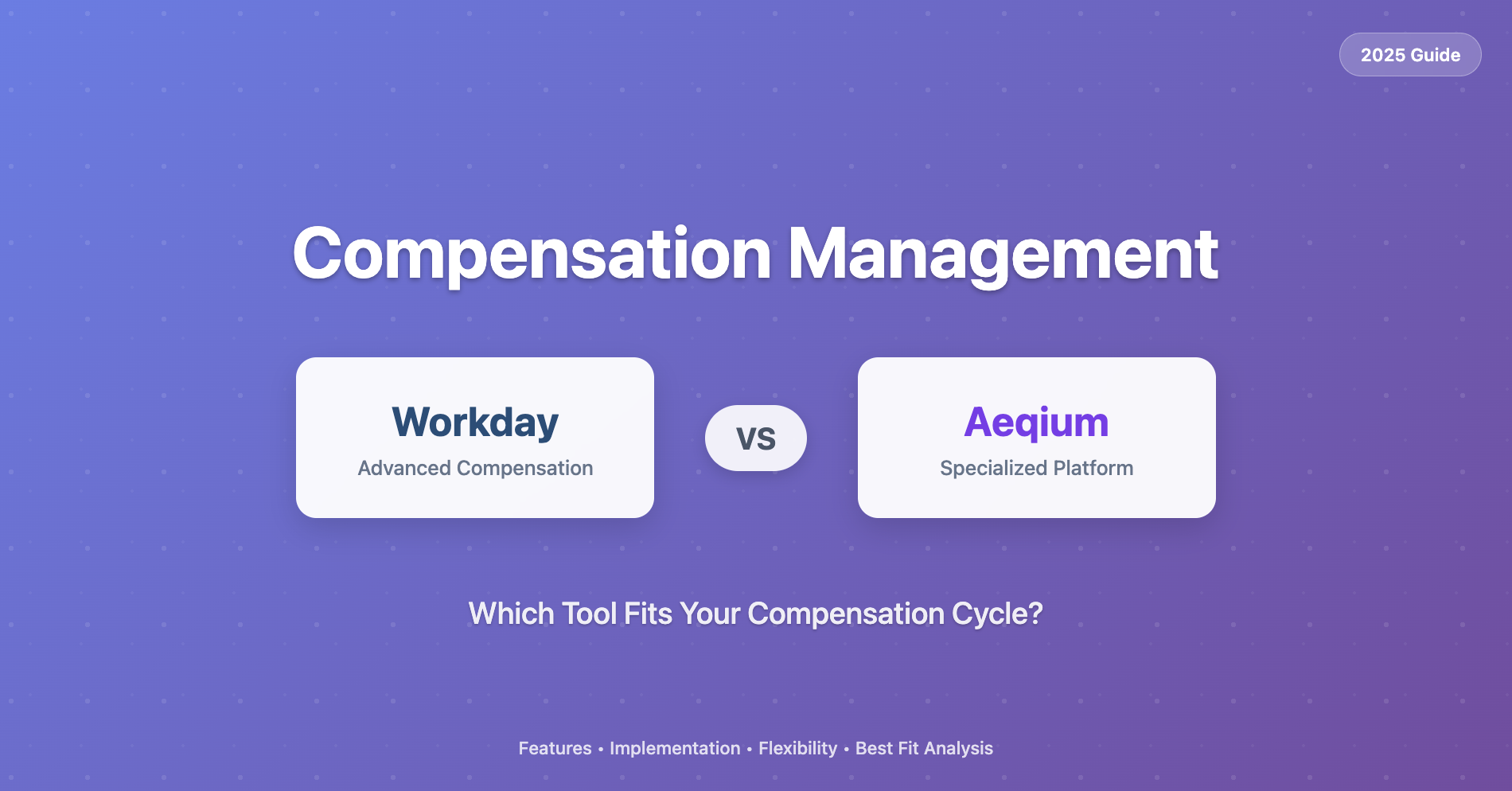Why Is Everyone Paying the Same?

Why Is Everyone Paying the Same?
Understanding Compensation Convergence in Competitive Industries
The world’s three most famous consulting firms—Bain & Company, Boston Consulting Group (BCG), and McKinsey—have recently made their largest compensation market adjustments in years. These firms have continued a distinct pattern of matching each other’s pay structures, a key strategy in their ongoing war for talent.
What’s Driving This Phenomenon?
Several factors contribute to compensation convergence, where firms within an industry align their pay structures:
- Rising Inflation – The US continues to see elevated inflation levels, increasing pressure to raise salaries.
- Tight Labor Market – Despite economic uncertainties, highly pedigreed candidates remain in demand, especially in consulting.
- Cross-Industry Competition – Consulting firms now compete with high-paying finance and tech employers for top talent.
This pattern isn’t unique to consulting—it mirrors Big Law compensation, where top law firms benchmark and match each other’s salaries with such predictability that websites exist to track Big Law pay trends.
When Do Industries See Compensation Convergence?
Industries tend to experience pay standardization when these conditions align:
1. Low Differentiation Between Employers
Example: A candidate receiving an offer from Bain is likely also considering BCG and McKinsey.
When job experience, culture, and exit opportunities are relatively similar, firms rely on compensation to attract and retain top candidates.
2. Small & Specialized Candidate Pools
Example: Top law firms recruit almost exclusively from elite law schools.
When hiring pools are limited, firms must ensure their offers remain competitive, often resulting in salary matching across the industry.
3. Similar Hiring Timelines and Cohorts
Example: Consulting firms hire in two major waves: undergraduates and new MBAs.
When companies recruit from the same pools at the same time, candidates receive multiple offers, increasing pressure to match pay packages.
4. “Up-Or-Out” Career Models
Example: Law and consulting firms hire large cohorts, expecting high attrition before reaching Partner roles.
This structure means firms must compete aggressively for incoming talent, as only a small fraction of hires stay long-term.
5. Geographic Compensation Consistency
Example: Most top law firms are concentrated in high-cost cities like New York and Los Angeles.
Historically, cost-of-living differences prevented full compensation standardization, but the rise of remote work is flattening pay discrepancies across locations.
What’s Next for Compensation Convergence?
As remote and hybrid work further reduce geographic pay differences, compensation standardization may expand to:
- Big Tech – Will we see pay alignment among tech giants as the market matures?
- Remote Roles – Will jobs in sales, recruiting, and customer success experience salary standardization?
Time will tell, but one thing is clear: Companies operating in industries with similar hiring models and talent pools should closely track peer compensation trends to remain competitive.
📊 Want to ensure your compensation strategy remains competitive? Explore Aeqium’s compensation planning tools today! 🚀




